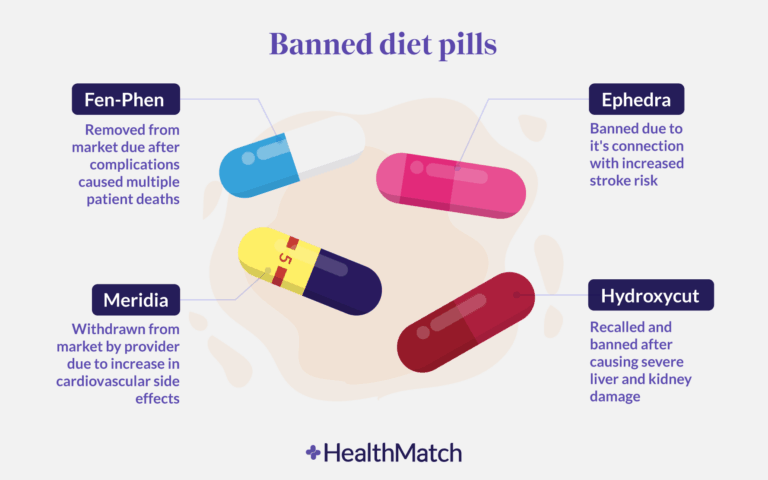Pediatric Obesity Treatment: An Important Process Responsible for Children’s Growth
Hello. Today, I would like to talk about pediatric obesity. Preventing and treating obesity is crucial for children to grow up healthily. We are also looking into pediatric obesity treatment as one of the important processes responsible for children’s growth. Let’s learn together!
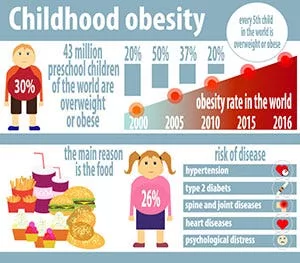
Definition and Current Situation of Pediatric Obesity
Pediatric obesity refers to the state where children or adolescents have a weight significantly higher than the normal range. Currently, pediatric obesity is rapidly increasing worldwide, leading to various health-related issues. Pediatric obesity can cause serious health problems such as heart disease, diabetes, and hypertension, and can also lead to social discrimination and psychological stress.
Analysis of Major Causes of Pediatric Obesity
The major causes of pediatric obesity include genetic factors, improper eating habits, lack of physical activity, and emotional issues. Genetic factors can increase the likelihood of children inheriting obesity, while improper eating habits and lack of physical activity disrupt the balance of energy intake and expenditure, leading to weight gain. Moreover, emotional issues or stress can cause children to overeat or rely on food to soothe their emotions.
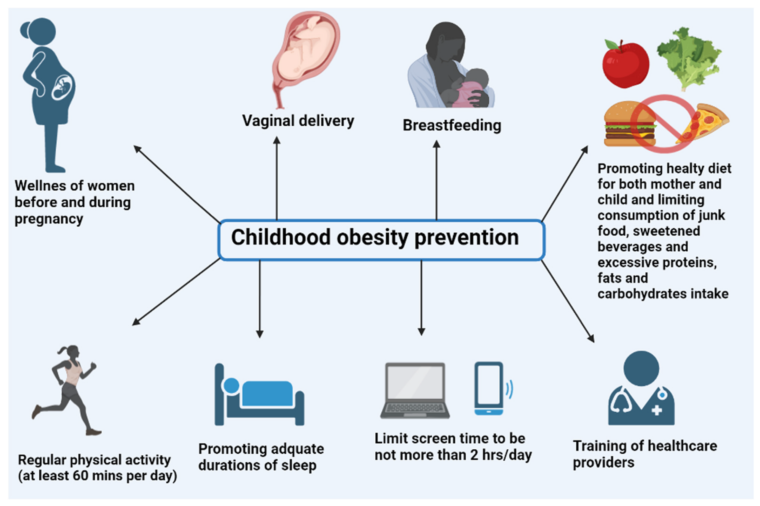
Health Risks and Long-term Effects
Pediatric obesity can lead to various health risks. Obese children are more likely to be exposed to chronic diseases such as heart disease, diabetes, hypertension, and joint problems. Additionally, obesity negatively impacts children’s social and emotional aspects. Obese children tend to face discrimination or isolation from peers and may struggle to develop self-confidence and social skills.
Diagnosis of Pediatric Obesity: How to Know?
The diagnosis of pediatric obesity is generally made using the Body Mass Index (BMI). BMI is calculated considering the child’s height and weight and is classified into obesity, overweight, and normal weight according to standard criteria. Moreover, doctors can determine obesity by comprehensively evaluating the child’s growth pattern, family history, eating habits, and physical activity levels.
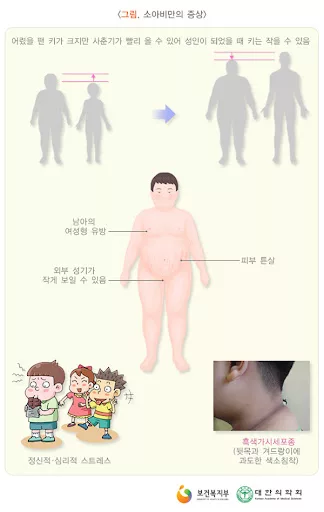
Weight Control Strategies through Nutritional Management
Proper nutritional management is necessary to control a child’s weight. It is important to create a balanced diet and limit excessive calorie intake. Children should appropriately consume vegetables, fruits, and protein-rich foods while minimizing the intake of snacks and sugary foods. Additionally, having regular meals and reducing the intake of salty and sugary foods is crucial.
Promoting Physical Activity: Fun Exercises for Children Physical activity helps promote children’s health and control weight. Fun physical activities for children include dancing, cycling, swimming, soccer, and various other types. Parents or guardians can provide an environment where children can enjoy physical activities and participate together to help develop their exercise habits.
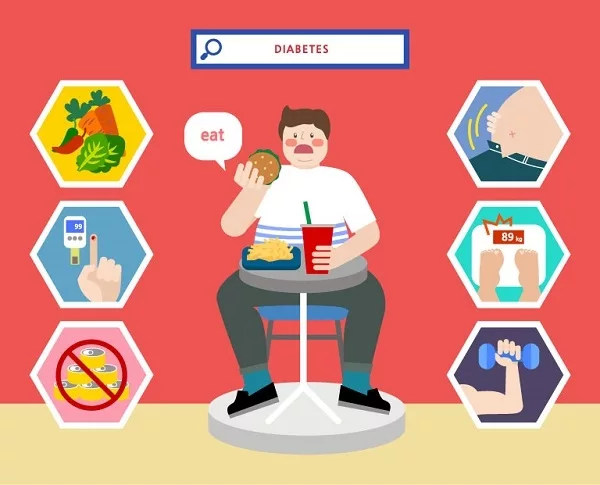
Psychological Support and Family Role
Pediatric obesity can cause psychological burdens for children, requiring family support and understanding. Families should help children form a positive self-image and teach the value of healthy eating habits and physical activity. If there are emotional issues, seeking professional help or enhancing family interactions and communication can improve children’s well-being.
Medical Treatment Methods and Procedures
Treating pediatric obesity often requires a medical approach. Doctors can propose appropriate treatment methods after evaluating the child’s health status and physical activity level. This may include dietary adjustments, exercise prescriptions, and medication, tailored to the child’s individual situation and needs.

Lifestyle Changes for Successful Weight Management
The treatment and management of pediatric obesity should aim for both short-term and long-term goals. It is crucial for children to form and maintain healthy lifestyle habits. Important factors include regular meal times, consistent eating habits, adequate sleep and rest, and physical activity. Families can aid in forming and maintaining these lifestyle habits together.
Importance of Prevention and Early Response to Pediatric Obesity
Prevention is the most crucial aspect of pediatric obesity. Families should teach children the importance of healthy eating habits and physical activity and support a healthy lifestyle. Additionally, it is essential to start responding to obesity as early as possible. By recognizing obesity early and starting appropriate treatment and management, we can support children’s health and growth.

Good health is essential for children’s growth and development. We must take awareness and actions regarding pediatric obesity for the health and happiness of children. Treating pediatric obesity requires long-term effort and time, but the outcome is a crucial process that determines children’s future and happiness. Let’s take the first step towards a healthy future starting now! 💪🌱


